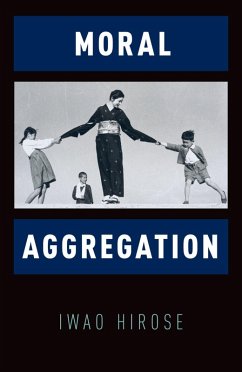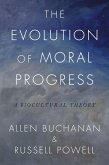Some ethical theories tolerate or require aggregation -- a trade-off between benefits to a group of individuals and losses to another group of individuals. Since aggregation is an essential feature of utilitarianism, many critics of utilitarianism -- including John Rawls, Thomas Nagel, T. M. Scanlon, and others -- rule out aggregation from their proposed theories. However, critics encounter what has become known as the number problem-the problem that non-aggregative theories are insensitive to the number of people affected by actions even in the cases where the number of people is clearly relevant to what we ought to do. In this book, Iwao Hirose elucidates the theoretical nature of interpersonal and intra-personal aggregation and defends a form of aggregation, formal aggregation, as distinguished from substantive aggregation in utilitarianism. Substantive aggregation combines the morally relevant factors that are determined prior to, and independently of, aggregative process, and identifies the goal to be pursued. In contrast, formal aggregation represents the overall ethical judgment in terms of individuals' morally relevant factors and gives a structure to our ethical thinking. Hirose's view of formal aggregation is broader than substantive aggregation and avoids problems for utilitarianism. Furthermore, formal aggregation can satisfy the demands of critics of the conventional understanding of aggregation, thus being more attractive than substantive aggregation and the unqualified rejection of aggregation. Hirose's analysis thus elucidates the far-reaching scope of aggregation and offers a new insight to one of the fundamental elements in ethical theory.
Dieser Download kann aus rechtlichen Gründen nur mit Rechnungsadresse in A, B, BG, CY, CZ, D, DK, EW, E, FIN, F, GR, HR, H, IRL, I, LT, L, LR, M, NL, PL, P, R, S, SLO, SK ausgeliefert werden.









